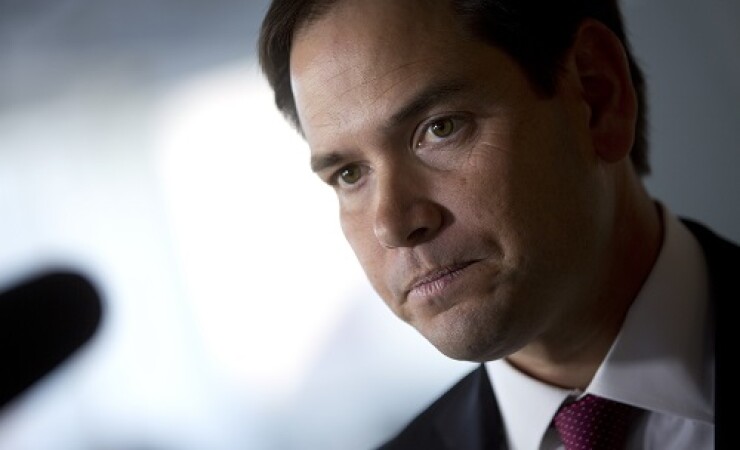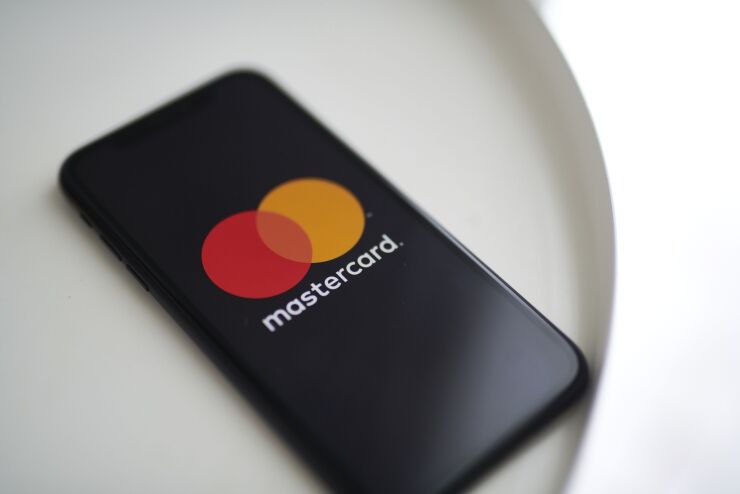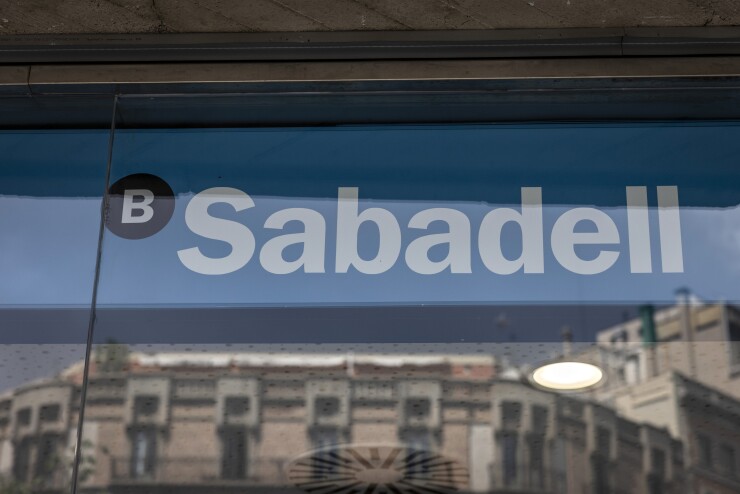
The flood of moves the new Trump administration has made in its first two weeks includes a number of payment-related actions, including new restrictions on financial transactions involving Cuban government-linked parties.
The move will at least temporarily make it harder for Cubans and Cuban Americans to make fund transfers while they search for companies that are not on the State Department's banned list. In an email, Western Union said "Western Union is aware of plans to update the Cuba Restricted List. The company will comply with all applicable laws and regulations as it pertains to this list."
Rubio's crackdown comes as
It also mirrors threats from the

Canada prepares testing on its new real-time payments rail
Canada is gearing up to begin testing its Real Time Rail in the first quarter of 2025, Jude Pinto, chief delivery officer at Payments Canada, said in a
Payments Canada is more than halfway through its technical build of the real-time payments system. The technical build includes installing servers, storage systems and advanced networking equipment and coding for the real-time clearing and settlement system. Payments Canada is working with multinational IT consultancy firm CGI, IBM and Canadian interbank network Interac on the build.
The organization also made "important traction on fraud," through a consensus on high level requirements for the system with participants on a fraud strategy and on high-level requirements for an effective fraud mitigation system.
Payments Canada in Q1 will begin finalizing its test strategy, selecting test tools, determining approaches and identifying test participants, according to Pinto. —Joey Pizzolato

Wise expands into Mexico
Mexican nationals will now be able to remit payments to more than 160 countries in over 40 currencies, including the Mexican Peso to USD, money transfer fintech Wise said last week.
About $480 million in
"Mexico, a region where consumers are loaded with unjust hidden fees, presents a strategic opportunity for Wise as it helps further our mission and opens a key currency route to bolster our business," said Wise's Chief Technology Officer Harsh Sinha in a statement.
Mexicans lost $446 million in hidden fees when sending money internationally in 2024, according to a survey commissioned by Wise from global research firm Edgar, Dunn & Company.
Wise's expansion comes on the heels of a

Mastercard, German tech firm team on cross-border payments
Mastercard is collaborating with Payrails to sell technology that enables large corporations to manage large-volume payments across multiple markets.
The Berlin-based Payrails' services include payment optimization, or a strategy for firms with complex accounts payable and receivable to remove unnecessary steps and shorten processing.
Payrails will combine this service with Mastercard's global payments network, saying the partnership will simplify and localize transactions that involve several parties that are located in different countries, with different protocols and payment regulations.
The deal is part of Mastercard's plan to forge partnerships with third parties, or make acquisitions, that enable Mastercard to sell services beyond payment processing across its merchant and bank networks.
Following

Corpay doubles down on car payments in Brazil
Atlanta-based payment company Corpay plans to acquire Gringo, a Sao Paulo-based firm that sells vehicle registration and payment services in Brazil, a country where the overall
The acquisition would be Corpay's second in the Brazilian auto payments industry, coming after its purchase of Zapay in the spring of 2024. Terms of the deals were not disclosed. The Gringo deal is expected to close in the first quarter this year.
Consumers use Gringo's app to pay vehicle taxes, registration and fines (or "car debts" in auto industry jargon). Zapay offers a similar mix of services.
"We expect our new car debts segment, including previously acquired Zapay, to increase Brazil's overall organic revenue growth rate by three percentage points this year. And, it will be a meaningful contributor to future growth," said Corpay Chairman and CEO Ron Clarke, in a release.
Formerly called Fleetcor, Corpay

Banco Sabadell rolls out real-time payment geolocation
Spanish bank Banco Sabadell has added real-time card payment geolocation to its digital banking suite of products in an effort to increase payment visibility.
Banco Sabadell worked with London-based geolocation service fintech Snowdrop Solutions to develop the functionality, which allows customers to visualize the locations of their card transactions on a map, complete with the merchant name and logo.
Geolocation services also help mitigate fraud by allowing consumers to accurately visualize where a transaction was made, according to the fintech.
"At Banco Sabadell, we are committed to offering the best capabilities of direct banking combined with the support of a wide network of branches and specialist managers," said Pol Navarro, deputy general manager of digital and servicing at Banco Sabadell, in a statement. "To achieve this, we must offer an excellent experience with our mobile application." —Joey Pizzolato

Cross-border stablecoin fintech Cedar Money raises $10M
Stablecoin payments platform Cedar Money raised $9.9 million in seed funding as the fintech looks to upend the traditional correspondent banking system.
QED Investors led the round. North Island Ventures, Wischoff Ventures, Lattice, and Stellar also participated. Cedar Money, founded in 2022, uses stablecoins for cross-border payments in developing and emerging markets.
"Cedar Money's innovative platform is not just transforming cross-border payments, it's creating a new paradigm in global finance," said Gbenga Ajayi, a partner at QED Investors. "By leveraging stablecoin technology while maintaining a fully compliant and fiat-aligned user experience, Cedar Money is uniquely positioned to tackle the inefficiencies of the global financial system."
Stablecoin payments deals and partnerships were





